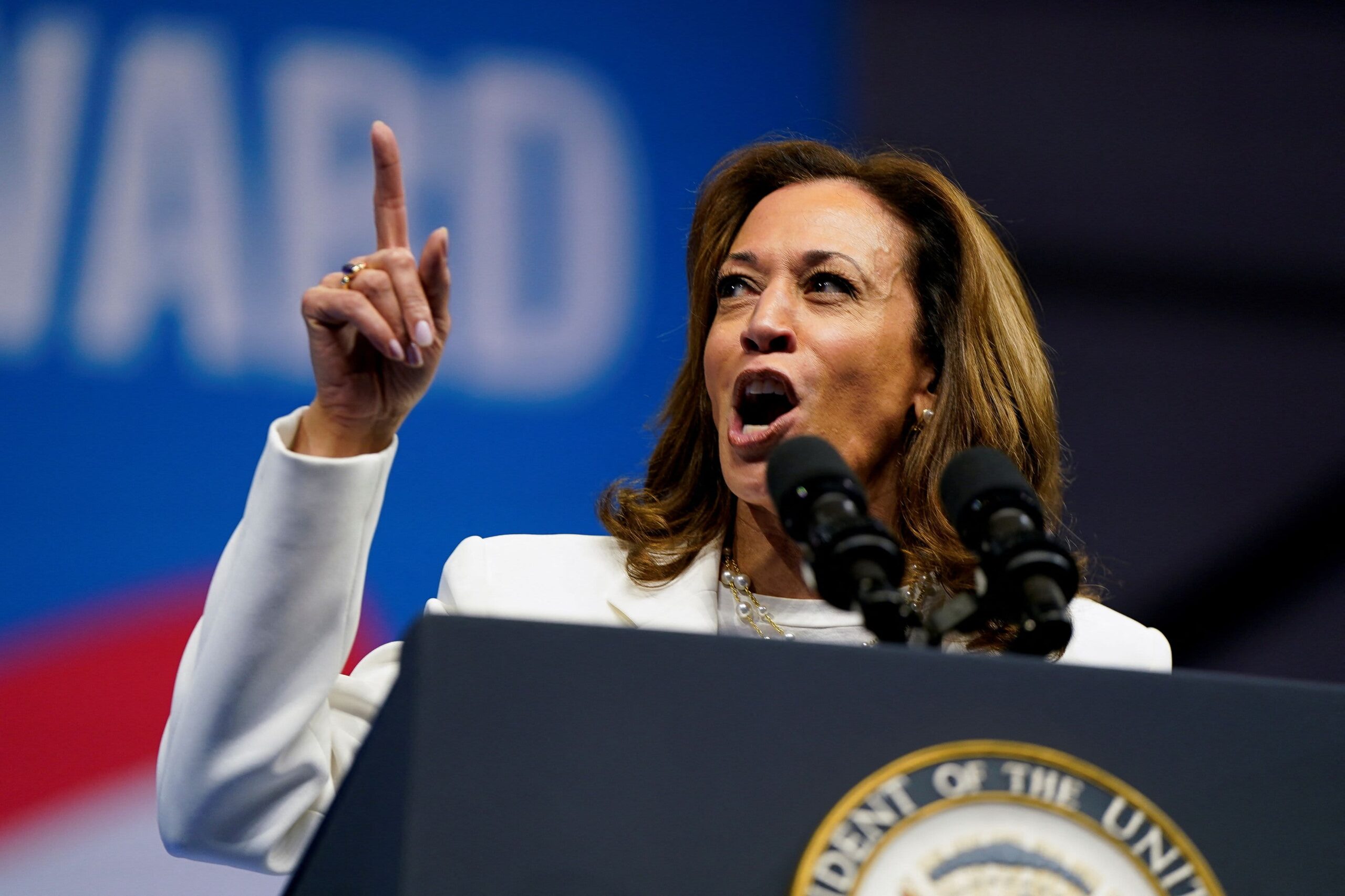MUMBAI: India’s steady inflation and the threat of rising food prices will probably keep the central bank on hold for longer, with economists pushing out their expectations for interest rate cuts to later in the year.
Consumer prices rose 4.83% in April from a year earlier, the Statistics Ministry said Monday, largely in line with the previous month’s figures and economists’ forecasts.
The Reserve Bank of India (RBI) has kept its benchmark interest rate unchanged at 6.5% for more than a year, sticking to a relatively hawkish stance as inflation remains above its 4% target.
Economists don’t expect rate cuts until the final quarter of this year and predict the RBI will likely only move after the US Federal Reserve pivots.
Citigroup Inc economists now see the RBI shifting to a neutral stance only in August rather than its earlier projection of June.
“Waiting until August for stance change would help RBI avoid any early market pricing of rates cuts, a better view of monsoon and the global monetary policy dynamics,” Citigroup economists Samiran Chakraborty and Baqar Zaidi wrote in a note.
They expect July-August inflation data to be well below 4%, largely due to base effects, providing a more favourable backdrop for the central bank to move.
Food prices, which make up about half of the consumer price basket, rose 8.7% in April from a year ago, slightly higher than 8.52% in March. Excluding the volatile food and fuel components, consumer prices rose 3.25% in April from a year earlier, little changed from 3.26% in March, according to calculations from Bloomberg Economics.
“A further drop in most components of core inflation and fuel inflation countered a sharp jump in gold prices and a slight uptick in food inflation. While an overly restrictive monetary policy is constraining demand, elevated and rising food inflation is likely to keep the RBI from implementing a policy pivot at its June review,” said Abhishek Gupta, India economist of Bloomberg Economics.
Upasna Bhardwaj, an economist at Kotak Mahindra Bank Ltd, said erratic weather and heat waves “should keep the overall sentiment cautious” around rate cuts. “We do not expect much change to RBI’s narrative for now as a prolonged pause in policy rates remains the base case,” she said.
India’s election, which runs until June 1, also complicates the timing of any central bank easing.
Prime Minister Narendra Modi is seeking to extend his decade in power by another five years, promising to boost investment in infrastructure to keep the economy expanding at a rapid pace.
Election results are expected on June 4, and the RBI’s next rate decision is scheduled for June 7. — Bloomberg

